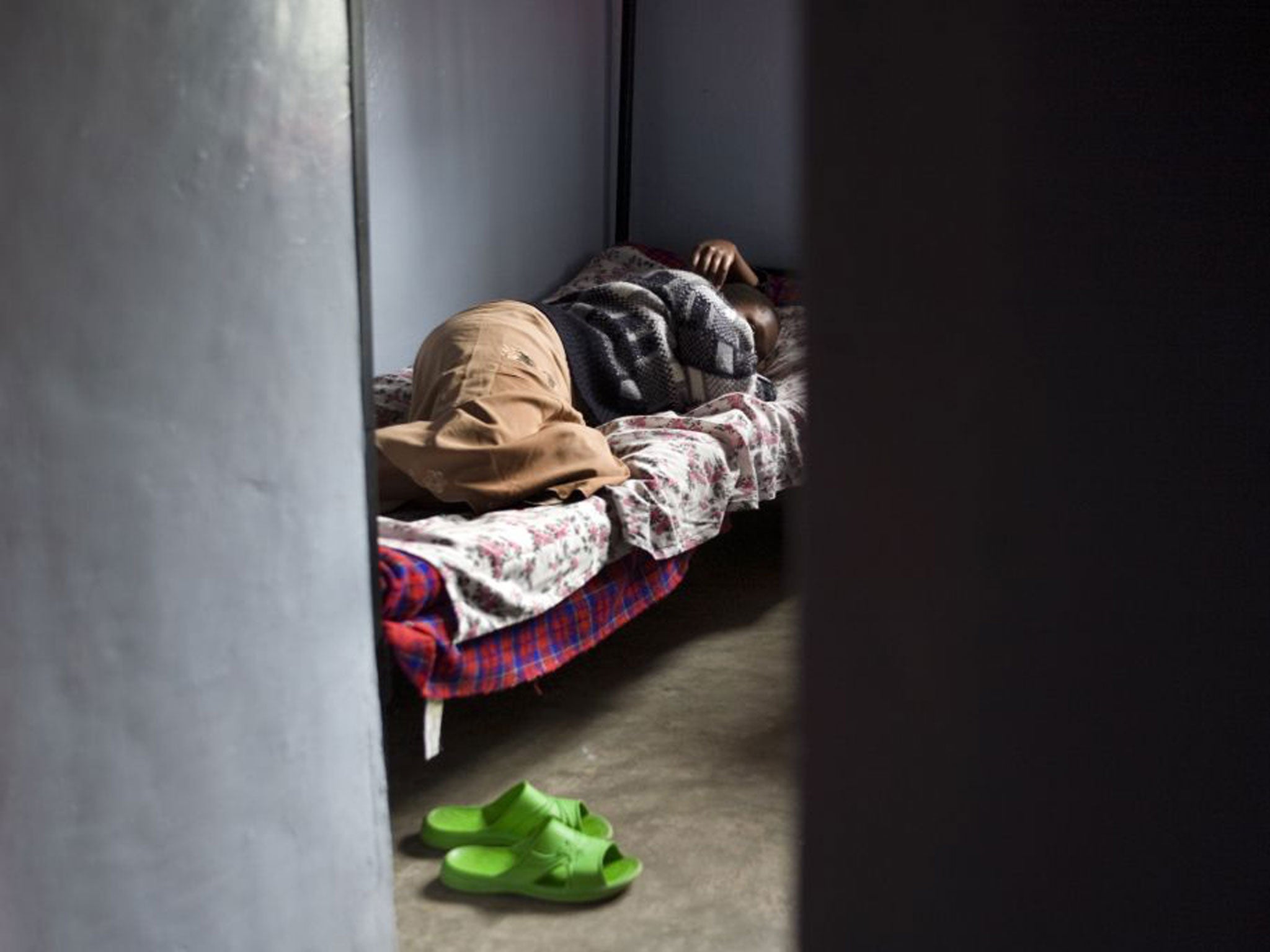New lifeline offered to girls at risk of FGM
NSPCC opens a 24-hour service in an effort to eradicate genital mutilation

The first national helpline dedicated to helping girls threatened with female genital mutilation (FGM) is to be launched by the children's charity the NSPCC tomorrow.
The 24-hour service will foster understanding that FGM is child abuse, children's campaigners said; the phoneline becomes available just before the long summer holidays, when thousands of young girls are thought to be vulnerable, both abroad and in the UK.
Illegal in the UK since 1985, FGM, also known as "cutting", involves the genitals of women and girls being lacerated, often by unqualified people, in the belief that it will preserve virginity. It is practised in various cultures worldwide, but particularly in Africa; yet a recent European report warned that 30,000 women and girls were at risk in Britain – the highest number in Europe – with the UK also having the most women (nearly 66,000) who were victims of it.
John Cameron, head of the NSPCC helpline, said girls and their families were under tremendous pressure to have the procedure and the helpline would offer "anonymous advice and assistance for children, parents and others". He said: "Professionals who are worried – for instance, people who have a responsibility for children such as those running children's groups – might need advice, too."
Efua Dorkenoo, advocacy director of Equality Now, which has been campaigning against FGM, said: "It is about making FGM a child abuse issue. It is not enough to let community groups deal with it. People may not know where to go.
"Most FGM is done to girls aged about 10, some from four to seven, but there are older girls, too. The helpline is a single point of contact for everyone – children, parents and professionals."
Nimco Ali was taken out of the UK and underwent FGM in Somalia when she was just seven. Now 29, she is an anti-FGM campaigner and has trained NSPCC staff on how to handle calls; she expects "a lot of young women and survivors will come through, and professionals on the front line such as teachers, who maybe feel they are not getting the support from their heads.
"It has been a long time coming, but it's a turning point in the way we hope to prevent FGM from happening; and maybe getting that first prosecution as well."
The Independent on Sunday reported in January that the authorities were looking for legal alternatives, after failing to bring a single FGM prosecution in 25 years. In April, we also revealed that the police are now reviewing hundreds of historic cases.
Jane Ellison, the Conservative MP and chairwoman of the all-party FGM group, said: "The helpline is a fantastic initiative and its launch comes at a critical time, ahead of the long summer holidays when we know that at-risk girls are most likely to be taken abroad to be mutilated.
"I am particularly excited that this 24/7, dedicated helpline will offer advice and support to front-line professionals such as teachers; tackling FGM in the UK has been hampered by widespread ignorance of what it is, and what to do when it is suspected."
Subscribe to Independent Premium to bookmark this article
Want to bookmark your favourite articles and stories to read or reference later? Start your Independent Premium subscription today.

Join our commenting forum
Join thought-provoking conversations, follow other Independent readers and see their replies